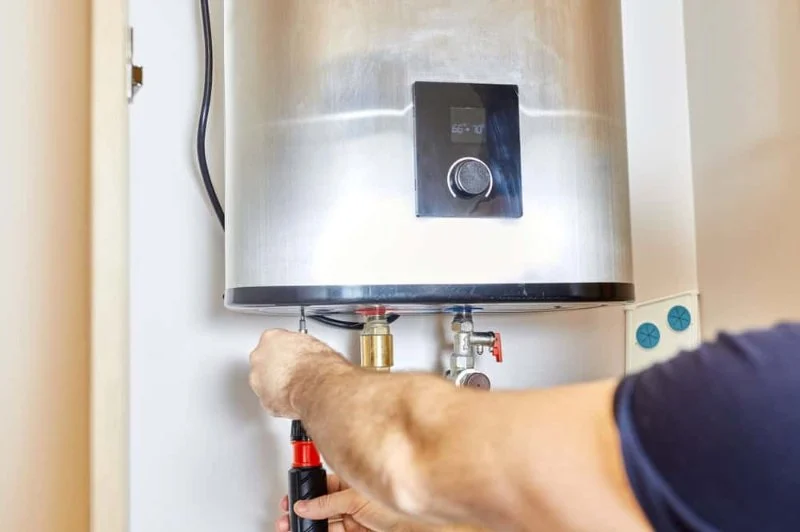
- Overview of Tankless and Traditional Water Heaters
- Energy Efficiency: Tankless vs Traditional
- Cost Considerations: Installation and Maintenance
- Lifetime Performance and Reliability
- Pros and Cons of Tankless and Traditional Water Heaters
Overview of Tankless and Traditional Water Heaters
When it comes to choosing a water heater for your home, you have two main options: a traditional water heater or a tankless (also known as on-demand) water heater. Each has its own set of advantages and drawbacks, depending on your specific needs, home size, and budget. Understanding how both types work can help you make a more informed decision.
Traditional water heaters store a large volume of water in a tank and continuously heat it to ensure hot water is available on demand. These heaters are reliable and have been the standard for many homes for decades. In contrast, tankless water heaters heat water on-demand without storing it in a tank. As water flows through the unit, it is heated instantly, making them compact and energy-efficient.
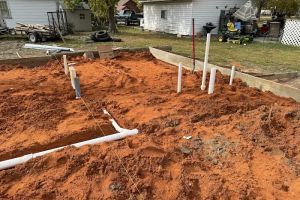
Advanced Plumbing & Septic Service
BloomfieldStoddard CountyMissouri
18695 Hannel Rd, Bloomfield, MO 63825, USA
Energy Efficiency: Tankless vs Traditional
One of the most significant differences between tankless and traditional water heaters is energy efficiency. Here’s a deeper look at how each performs in terms of energy use:
1. Traditional Water Heaters
Traditional water heaters maintain a large tank of water at a set temperature 24/7, which requires continuous energy consumption. Even though the water heater may not be actively heating the water, it still uses energy to keep the water hot, a process called “standby heat loss.” This can result in higher energy bills, especially if you have a larger tank and less frequent use of hot water.
2. Tankless Water Heaters
Tankless water heaters are much more energy-efficient because they only heat water when it’s needed. Since there’s no storage tank, there’s no standby heat loss. This can lead to significant savings on energy bills, particularly in homes where hot water is used intermittently. Tankless water heaters also come in gas or electric models, giving you the flexibility to choose the one that best fits your home’s energy source.
While tankless units are more energy-efficient, they may not always be the best option in homes with high, simultaneous hot water demand (e.g., multiple bathrooms or large households). In such cases, multiple units might be required to meet demand, which could increase costs.
Cost Considerations: Installation and Maintenance
When comparing the upfront costs and long-term expenses of tankless and traditional water heaters, it’s essential to look at both installation and maintenance costs. While tankless water heaters offer energy savings over time, their initial investment and installation can be more expensive than traditional water heaters.
1. Traditional Water Heaters
Traditional water heaters generally have a lower initial cost than tankless units, with prices typically ranging from $300 to $1,500 depending on size and brand. The installation costs are also more affordable, often ranging from $500 to $1,500, depending on your home’s plumbing setup. However, traditional water heaters can incur higher long-term operational costs due to their energy consumption.
2. Tankless Water Heaters
Tankless water heaters are typically more expensive upfront. The units themselves can range from $500 to $2,000, and installation costs may be higher due to the need for specialized venting, gas lines, or electrical upgrades. Installation for tankless water heaters can cost anywhere from $1,000 to $3,000, depending on the complexity of the job. While the initial cost is higher, the long-term energy savings can offset the initial investment over time.
Maintenance costs for both types of water heaters are generally similar, though tankless models may require occasional descaling, particularly in areas with hard water. Regular maintenance ensures that your unit runs efficiently and can extend its lifespan.
Lifetime Performance and Reliability
When it comes to long-term performance, both types of water heaters have their advantages and challenges:
1. Traditional Water Heaters
Traditional water heaters are reliable and durable, with a typical lifespan of 10 to 15 years. However, they may require more frequent maintenance, such as flushing the tank to prevent sediment buildup. Over time, the efficiency of traditional water heaters can decrease as sediment accumulates at the bottom of the tank, leading to increased energy consumption.
2. Tankless Water Heaters
Tankless water heaters typically have a longer lifespan, lasting around 20 years or more if well-maintained. Because there’s no tank to accumulate sediment, these units generally experience less wear and tear. However, they can be sensitive to water quality, and hard water can cause scaling inside the heating elements. Regular descaling is necessary to keep the system running smoothly.
Pros and Cons of Tankless and Traditional Water Heaters
In summary, let’s look at the main pros and cons of each type of water heater:
Pros of Traditional Water Heaters
- Lower initial cost and installation fees.
- Reliable and familiar technology.
- Simple maintenance and repairs.
- Works well for homes with consistent, high hot water demand.
Cons of Traditional Water Heaters
- Higher energy consumption due to standby heat loss.
- Shorter lifespan compared to tankless models.
- Requires more space for the storage tank.
Pros of Tankless Water Heaters
- Energy-efficient with no standby heat loss.
- Compact size, ideal for smaller spaces.
- Longer lifespan and minimal maintenance.
- Provides hot water on demand, ensuring you never run out.
Cons of Tankless Water Heaters
- Higher upfront cost and installation fees.
- May require multiple units for larger homes or higher hot water demand.
- Can be less effective in extreme climates (e.g., very cold temperatures affecting gas-powered models).
Choosing between a tankless and traditional water heater depends largely on your specific needs, home size, and budget. If you're looking for an energy-efficient option that offers hot water on demand and are willing to invest upfront, a tankless water heater may be the best choice. On the other hand, if you’re on a budget and need a reliable option for steady hot water, a traditional water heater might be the better fit.
For more information on the best water heaters and installation services, visit Plumbers Supply Hub for expert advice and top-rated products that will meet your home’s needs.

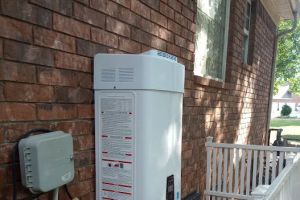
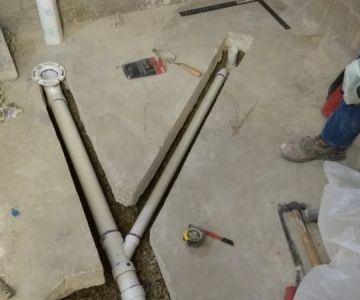
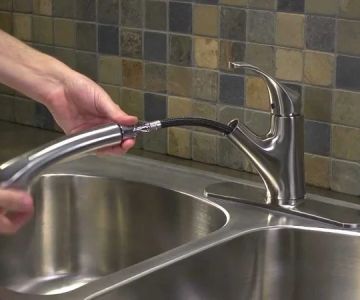
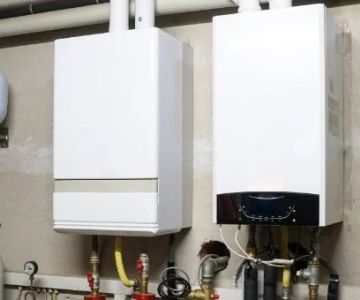
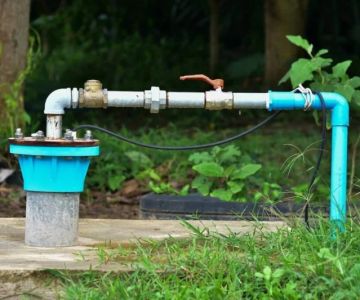

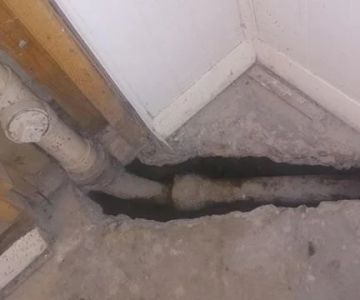
 Oakland Plumbing LLC5.0 (17 reviews)
Oakland Plumbing LLC5.0 (17 reviews) Midwest Plumbing & Service4.0 (7 reviews)
Midwest Plumbing & Service4.0 (7 reviews)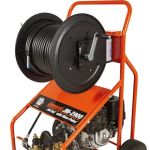 Moberly Plumbing4.0 (117 reviews)
Moberly Plumbing4.0 (117 reviews)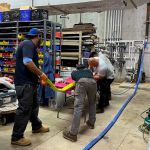 American Trenchless Technologies4.0 (8 reviews)
American Trenchless Technologies4.0 (8 reviews) Tony's Plumbing3.0 (12 reviews)
Tony's Plumbing3.0 (12 reviews) Socal Plumbing Co5.0 (5 reviews)
Socal Plumbing Co5.0 (5 reviews) How to Repair a Hairball Clog Without Harsh Chemicals
How to Repair a Hairball Clog Without Harsh Chemicals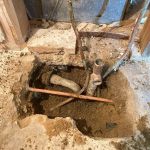 How to Repair a Junction That Is Leaking Under Slab: A Comprehensive Guide
How to Repair a Junction That Is Leaking Under Slab: A Comprehensive Guide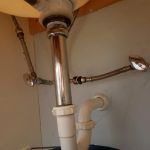 How to Replace a Sink Overflow Tube: A Complete Step-by-Step Guide
How to Replace a Sink Overflow Tube: A Complete Step-by-Step Guide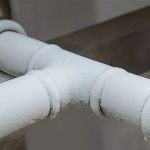 What Causes Frozen Pipes and How You Can Prevent It - Expert Tips
What Causes Frozen Pipes and How You Can Prevent It - Expert Tips How to Replace a Shower Niche Drain: Step-by-Step Guide for Homeowners
How to Replace a Shower Niche Drain: Step-by-Step Guide for Homeowners How to Replace an In-Wall Shower Drain: Step-by-Step Guide
How to Replace an In-Wall Shower Drain: Step-by-Step Guide